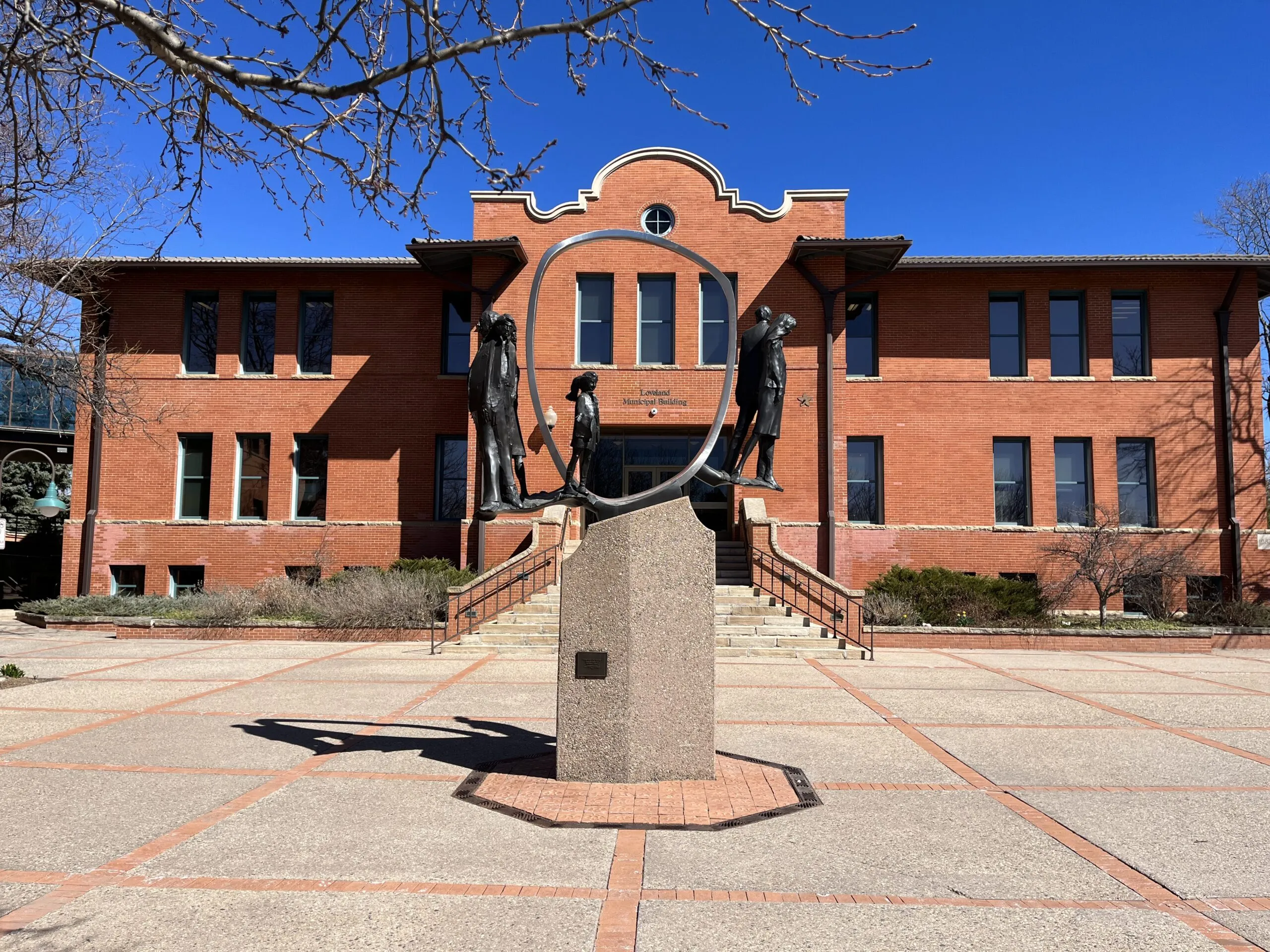Loveland council OKs city attorney’s separation pact

The Loveland City Council in a divided vote accepts the city attorney's separation agreement.
THIS ARTICLE IS FOR SUBSCRIBERS ONLY
Continue reading for less than $3 per week!
Get a month of award-winning local business news, trends and insights
Access award-winning content today!
Already have a paid subscription?




